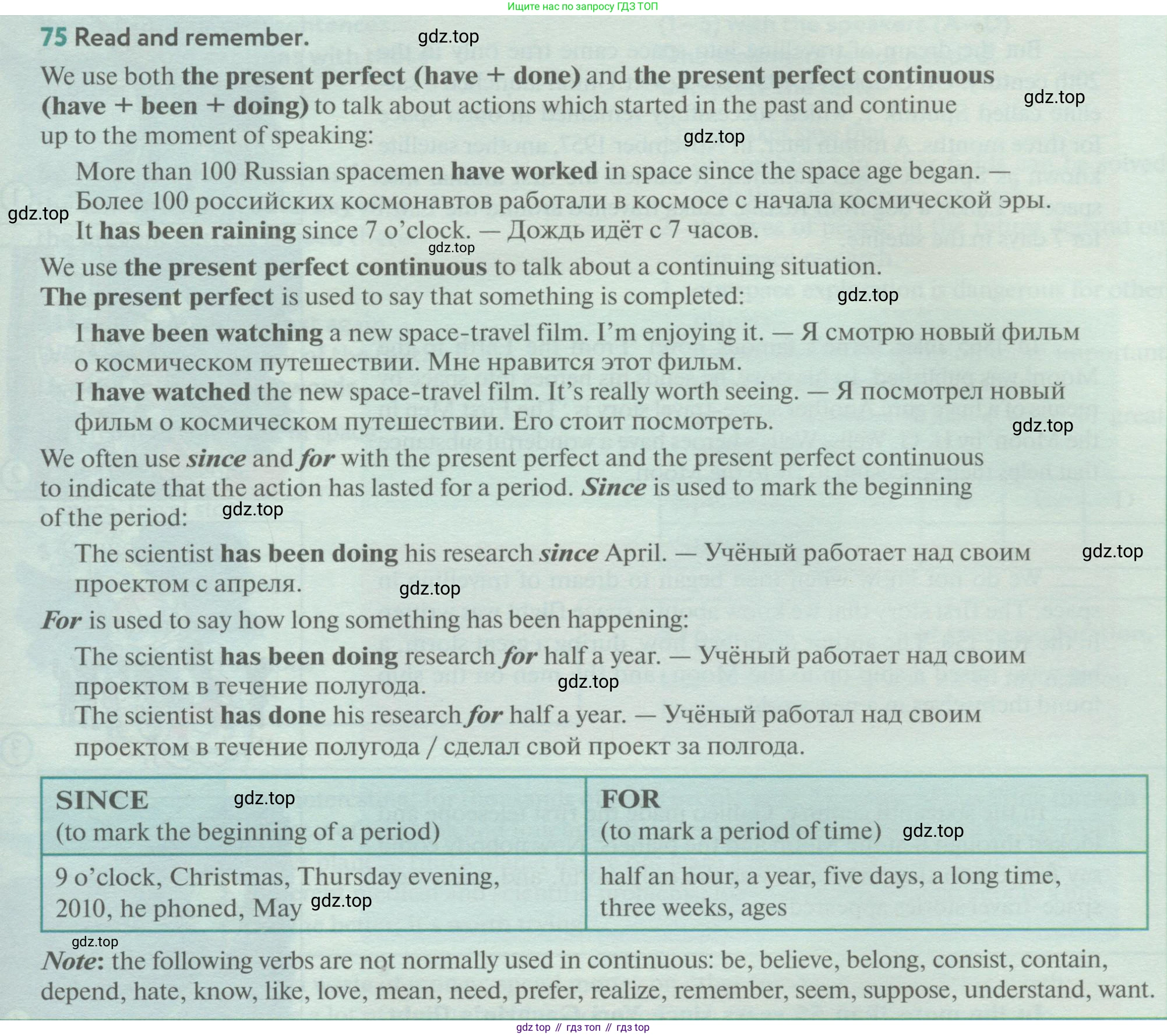Номер 75, страница 27 - гдз по английскому языку 8 класс (enjoy english) учебник Биболетова, Трубанева

Авторы: Биболетова М. З., Трубанева Н. Н.
Тип: Student's book (Учебник)
Серия: enjoy english (английский с удовольствием)
Издательство: Просвещение
Год издания: 2017 - 2026
Цвет обложки: зелёный
ISBN: 978-5-358-19029-0
Популярные ГДЗ в 8 классе
Присоединяйтесь к Телеграм-группе @top_gdz
ПрисоединитьсяМы подготовили для вас ответ c подробным объяснением домашего задания по английскому языку за 8 класс, для упражнения номер 75 расположенного на странице 27 к Учебник (Student's book) серии английский с удовольствием , enjoy english 2017 года издания для учащихся школ и гимназий.
Теперь на нашем сайте ГДЗ.ТОП вы всегда легко и бесплатно найдёте условие с правильным ответом на вопрос «Как решить ДЗ» и «Как сделать» задание по английскому языку к упражнению №75 (с. 27), авторов: Биболетова (Мерем Забатовна), Трубанева (Наталия Николаевна), ФГОС (старый) учебного пособия издательства Просвещение.

















